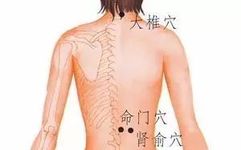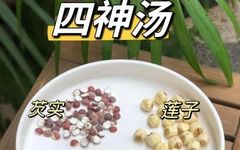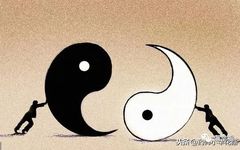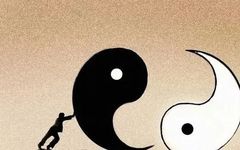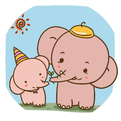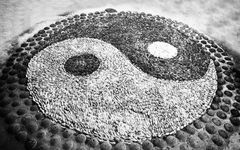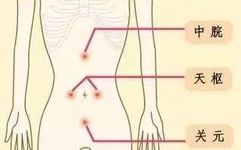Fundamentals of Gua Sha: Methods and Precautions
How to Understand Sha Marks? Gua Sha not only treats diseases but also allows the diagnosis of conditions through the sha marks it produces, helping to identify the root cause of ailments. To assess your health, you can follow these three steps: 1. Observe. Bright red sha indicates a milder condition. The relationship between sha … Read more


